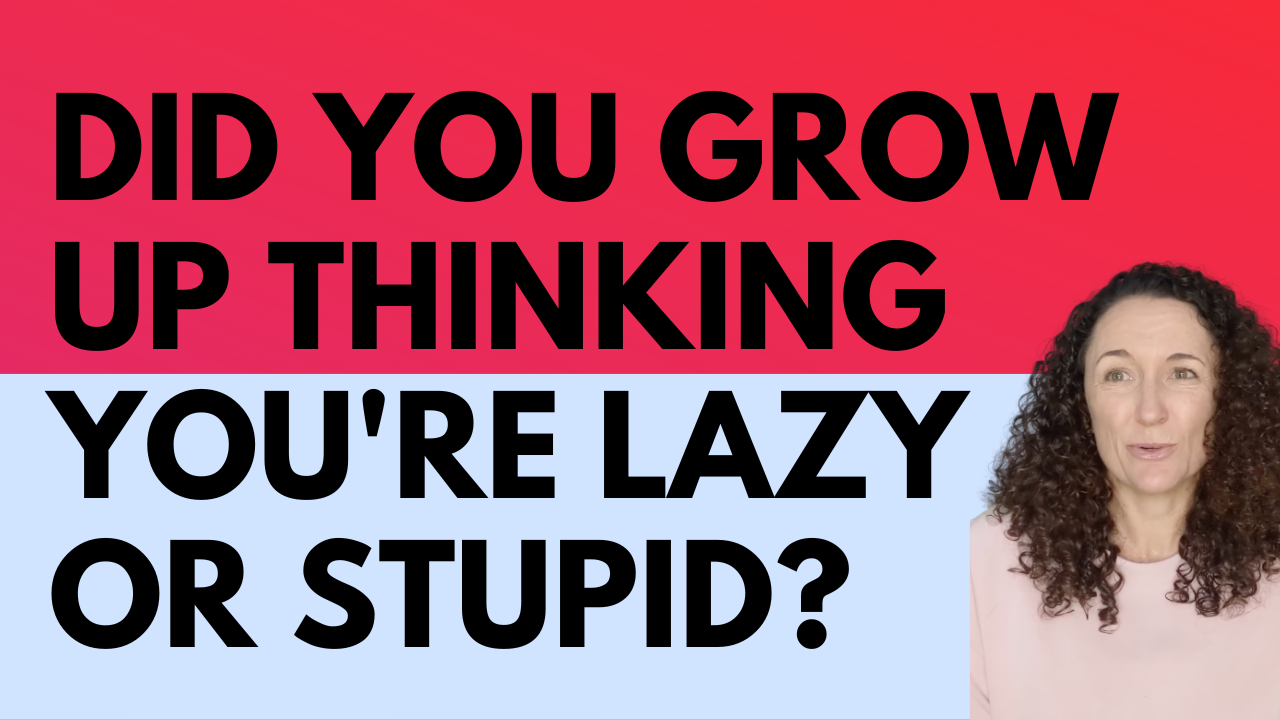Did you grow up thinking you're lazy or stupid? As children our self-worth develops in response to our environment. Based on this, some researchers wondered, "how does the emotion we convey when giving feedback to children impact the way they think about themselves?"
They took a group of kids and gave them four unsolvable puzzles to do. At the end of each puzzle, one group of children were given angry feedback. Another group of children were given sympathetic feedback. And the third group of children were given neutral feedback with no emotion. After each puzzle and the feedback, the kids were asked to tell the researcher why they thought they couldn't do the puzzle.
As they progressed through the puzzles, by end of puzzle 3, all kids had very low expectations of their success. However, the lowest expectation of success was by the kids who'd been given the sympathetic feedback. They believed their inability to do the puzzle was because they had low intelligence and lack of ability. The kids who were given angry feedback, they believed that the reason they couldn't do the puzzle was because they hadn't put in enough effort. And the kids who were given neutral feedback weren't too sure why they weren't finishing the puzzles, but also weren't too concerned about their ability to do them either.
The way we convey feedback is significantly impacted by the emotion we convey within that feedback too. It significantly impacts the way kids think about themselves and their ability to succeed.

